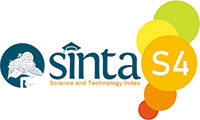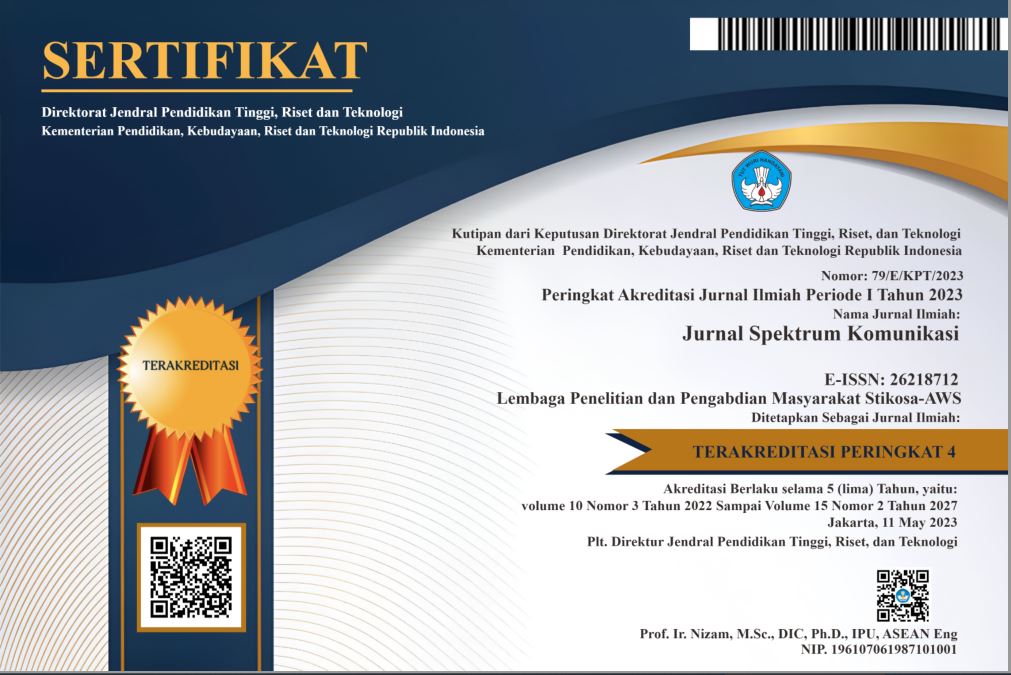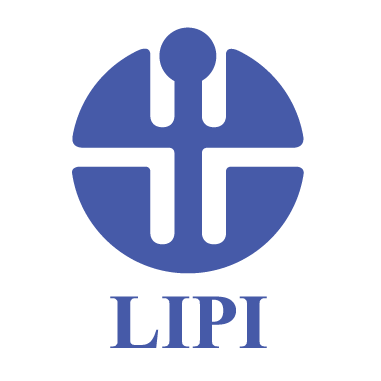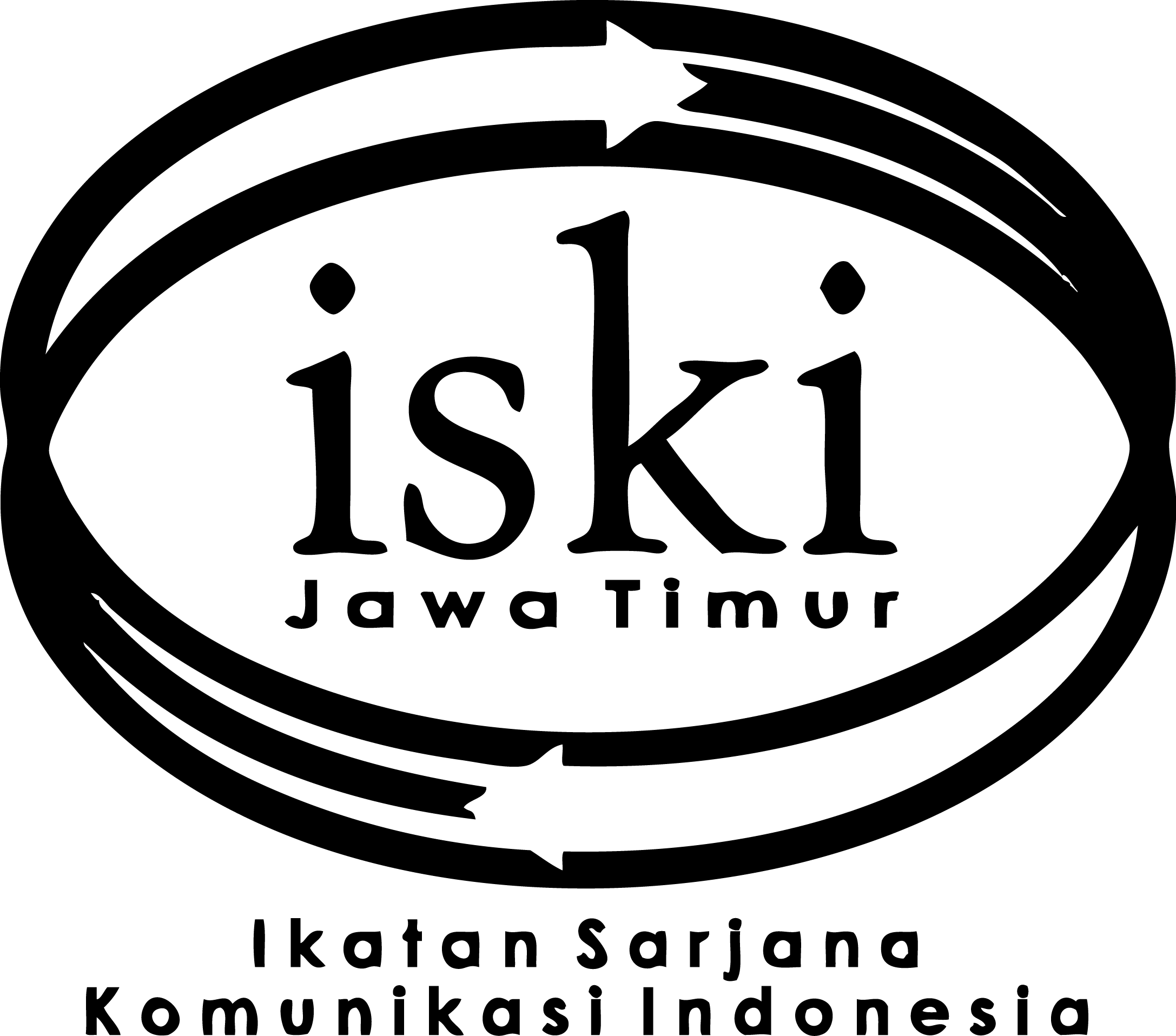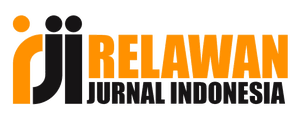Effectiveness of Online Learning Models in the Communication Sciences Program During the COVID-19 Pandemic
DOI:
https://doi.org/10.37826/spektrum.v13i2.917Keywords:
Effectiveness, Online Learning, Covid-19 pandemicAbstract
This research is a descriptive quantitative study that focuses on the evaluation of online classes using online media. The research population consists of 50 active students in the 1st, 3rd, and 7th semesters, selected using the simple random sampling technique, and 5 lecturers from Communication Studies Program Bhayangkara University Surabaya. The data collection instrument used was an online lecture questionnaire. Data analysis uses descriptive statistics. The research results show that students assess online classes using online media as ineffective (39%), very ineffective (19%), effective (23%), and just okay (19%). In the results of this study, there were no (0%) respondents who rated online learning as very effective. Finally, to improve the quality of online lectures during the COVID-19 pandemic, the suggestions from communication studies lecturers and students are (1) providing more adequate quota subsidies for the continuity of online lectures (2) attention to the timing of online classes in accordance with the class schedule, (3) optimal and updated notifications or announcements, (4) upgrade the Bhayangkara University Surabaya SIM e-learning system, especially on the attendance and assignment upload features that still frequently encounter issues, (5) the selection of materials in the video must be based on criteria of easily understandable language, (6) implementation of more engaging activity models such as games and others, (7) during online classes, it is expected that everyone will be on camera (8) increasing server speed,(9) increasing student engagement during online classes and, (10) providing structured evaluations for assessment materials.
References
Astuti, P., & Febrian, F. (2019).Blended Learning Syarah: Bagaimana Penerapan dan Persepsi Mahasiswa. Jurnal Gantang, 4(2), 111-119.
Dewi, Wahyu Aji Fatma. (2020) Dampak Covid-19 terhadap Implementasi Pembelajaran Daring di Sekolah Dasar Edukatif Jurnal Ilmu Pendidikan Vol 2 No 1 April 2020.
Ginting, Henndy. (2020). Perubahan Perilaku sebagai Respon terhadap Wabah COVID-19.Tulisan Edukasi HIMPSI di Masa Pandemi COVID-19 – Seri 14.
Hartanto, W. (2016). Penggunaan E-Learning sebagai Media Pembelajaran. Jurnal Pendidikan Ekonomi, 10(1)
Hanum, N.S. (2013) Keefektifan e-learning sebagai media pembelajaran (studi evaluasi model pembelajaran e-learning SMK Telkom Sandhy Putra Purwokerto). Jurnal Pendidikan Vokasi.
Hendrastomo, G. (2016) Penggunaan E-Learning 1 (The Dilemma and the Challenge of majalah ilmiah pembelajaran, 4
Jalinus, N. (2016). Media dan Sumber Pembelajaran. Jakarta: Kencana.
Kuntarto, E. (2017). Keefektifan Model Pembelajaran Daring dalam Perkuliahan Bahasa Indonesia di Perguruan Tinggi. Indonesian Language Education and Literature
Lubis, H. Z., & Harapap, A. (2016).Penggunaan Media Monopoli Dalam Meningkatkan Hasil Belajar Akuntansi Siswa. Seminar Nasional Pendidikan Akuntansi Dan Keuangan
Naserly, M. K. (2020). IMPLEMENTASI ZOOM, GOOGLE CLASSROOM, DAN WHATSAPP GROUP DALAM MENDUKUNG PEMBELAJARAN DARING (ONLINE) PADA MATA KULIAH BAHASA INGGRIS LANJUT (Studi Kasus Pada 2 Kelas Semester 2, Jurusan Administrasi Bisnis, Fakultas Ekonomi dan Bisnis, Universitas Bina Sa. Aksara Public,
Pratiwi, Ericha Windhiyana. (2020). The Impact of Covid-19 on Online Learning Activities of a Christian University in Indonesia. Jurnal Perspektif Ilmu Pendidikan Volume 34 Issue 1 April 2020.
Purwanto.(2016). Evaluasi Hasil Belajar. Yogyakarta: Pustaka Pelajar.
Sari, p. (2015). Memotivasi Belajar Dengan Menggunakan E-Learning. Ummul Quro.
Sudjana, Nana. (2016). Penilaian Hasil Proses Belajar Mengajar. Bandung: PT REMAJA ROSDAKARYA.
Undang-Undang Republik Indonesia No 20 Tahun 2003 Tentang Sistem Pendidikan Nasional (Sisdiknas).
Wardani,D.N., Toenlioe, A. J. E., E., & Wedi, A (2018). Daya Tarik Pembelajaran di Era 21 Dengan Blended Learning. Jurnal Kajian Teknologi Pendidikan (JKTP)
Waryanto, N. H. (2006). Online Learning sebagai salah satu Inovasi Pembelajaran.
Yaumi, M. (2018).Media dan Teknologi Pembelajaran. Jakarta: Prenamedia Group.
Yazdi, M. (2012). E-learning sebagai Media Pembelajaran Interaktif Berbasis teknologi informasi. Jurnal Ilmiah Foristek, 2(1)
Downloads
Published
How to Cite
Issue
Section
License
Copyright (c) 2025 Jurnal Spektrum Komunikasi

This work is licensed under a Creative Commons Attribution-NonCommercial-ShareAlike 4.0 International License.

